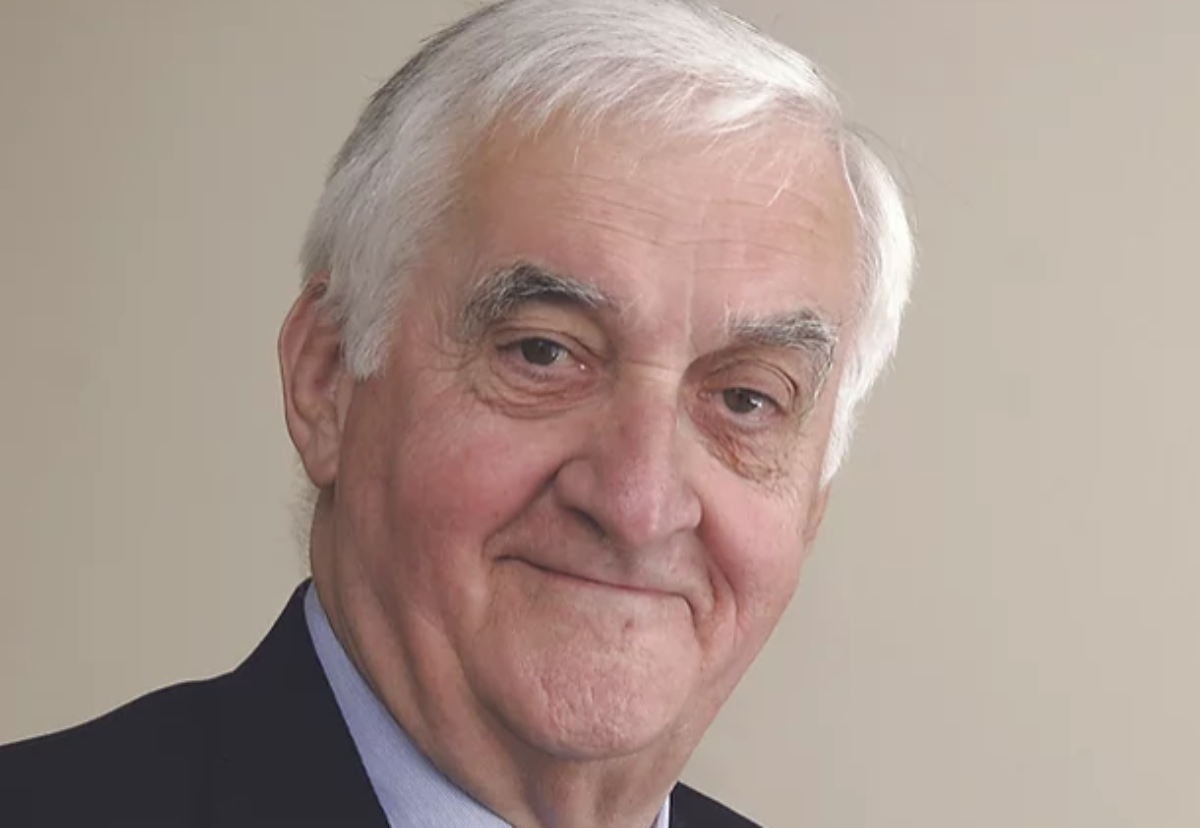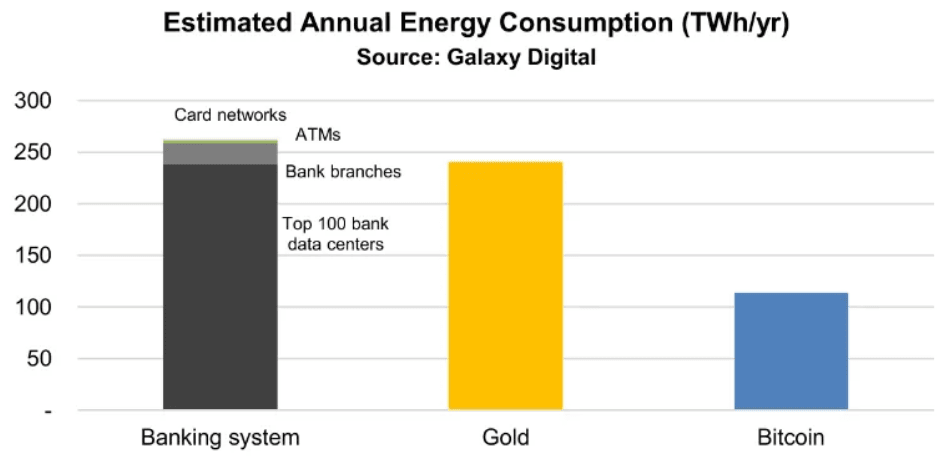Kwarteng will deliver a statement on November 23 spelling out how he plans to control public debt in the medium term. In the meantime, people are starting to worry that he is cooking up punishing cuts to government spending, including the welfare system.
Any reassurance there? Would social security recipients have their benefits increased to keep up with inflation, the cost of living?
“We are talking about helping people in the round. It is premature for me to come to a decision on that,” he said. “But we are absolutely focused on making sure that the most vulnerable in our society are protected through what could be a challenging time.”
Kwarteng was not going to kow-tow to the markets, nor to mainstream liberal opinion.
This indifference to hostile pressure is not feigned, and shouldn’t surprise anyone.
According to the many profiles that have sprung up since his elevation to the second-most important job in British politics, he is both thick-skinned and supremely sure of himself.
Eton, Cambridge, Harvard
A quick look at his background is enough to see why. Born in north London in 1975 to a left-leaning economist dad and barrister mum, both immigrants from Ghana, he won a scholarship to Eton and was then a medal-winning student of classics and history at Cambridge.
He then went to Harvard on a Kennedy Scholarship, before returning to Cambridge for a PhD on the late 17th century recoinage crisis.
With pretty much any door open to him, he walked through as many as possible. He was a columnist on The Daily Telegraph, a financial analyst at JPMorgan, and a hedge fund manager at Odey Asset Management. He published books and, inevitably, started running for the Conservative Party in elections.
In 2010, he took the comfortable south-London commuter-belt seat of Spelthorne, although he lived across town in Greenwich. There he fell in with a gang of thrusting young Tory MPs known as “the Greenwich Mafia”, which included fellow firebrand rookie Liz Truss.
Unlike Truss, he backed Brexit in the 2016 referendum, and his first ministerial gig was in the Brexit department. He supported Boris Johnson for leader in both his unsuccessful 2016 tilt and his eventual mid-2019 victory.
Kwarteng’s politics are a mixture of radical, small-state Thatcherism, tempered by the need for government intervention when markets fail.
He isn’t a boilerplate member of the Tory right. Unlike many of his fellow Brexiteers, he showed a significant amount of commitment to Johnson’s net-zero emissions target.
Magic bullets
He and Truss are not only ideological bedfellows, but share a similar temperament. They like to make decisions briskly, although Kwarteng is reputedly more up for some hard policy graft than is Truss.
They both believe not so much in magic money trees but in magic silver bullets. Their predilection, when facing a policy problem, is to look for a simple, clear, cut-through solution. If that means moving fast and breaking a few things, that’s fine.
But it is easy for such confident decisiveness to shade into hubristic impulsiveness. And to then double down on it, rather than retreat.
Their diagnosis of the British economy, shared by a group of Thatcherite think tanks clustered around Westminster, is that it is overtaxed and over-regulated, to the point of risking sclerosis. Only a bold, swift dose of reform will do.
Even if their prescription is right, their timing might be wrong. Interest rates are rising, Putin’s war on Ukraine is playing havoc with energy prices, markets are brittle. In the aftermath of COVID-19 many people want a protective state, not a retreating one.
The country’s appetite for supply-side economics is not at its keenest. But this is the only moment they have, and for better or worse they are determined to seize it.
They are ready to be radical, and face down resistance. They say they are prepared to be unpopular, and this is surely true.
But perhaps the biggest danger they face is that not everyone in the Conservative Party is quite as prepared for this as they are.
Note: This article have been indexed to our site. We do not claim legitimacy, ownership or copyright of any of the content above. To see the article at original source Click Here













